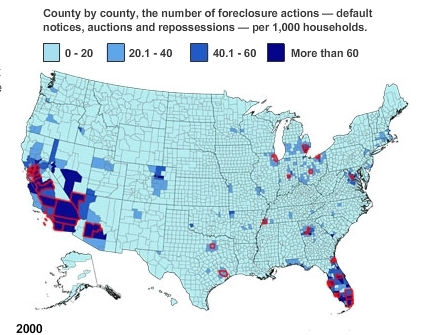To my enormous regret, I missed UM's Equity Theater because I was at a conference in Berkeley, but I'm looking forward to the promised posting of some the videos (and will link to the funniest ones). I hear it was a great show.
Meanwhile, the posting of this amusing video by NYU students, Please Repeat the Question, from their annual law school mockathon, provides an occasion for me to give my 2 cents on the laptops-in-class issue. But first, the funny:
Here are my thoughts on laptops in class:
- I don't doubt for a second that a fraction of the students in every class are using laptops to do something other than take notes. How big a fraction is a very variable thing.
- Anyone who thinks everyone was paying attention before laptops entered the classroom is dreaming.
- Anyone who doubts that more students would pay attention in class if they had their laptops denied to them doesn't understand (1) the concept of the the “captive audience”; (2) the attractive nuisance aspect of wifi; (3) the mental habits of Generation Multitask.
- Many of our students, like me, have gotten used to using a computer for all note taking. Stripping them of a familiar tool would be like telling a previous generation of students that they were forbidden to use legal pads or lined paper but had to take all their notes on index cards: something you should do only if there's a very good pedagogical reason. Students who were already paying attention will be disadvantaged by a ban.
- Laptops create some genuine problems when non-users are annoyed by the keyboard clicking, but in most classrooms the instructor can create a laptop-free zone to accommodate those who would otherwise be bothered.
- Laptops create some genuine problems when bad actors run something with video or with flashing colors that distracts their neighbors. Fortunately, this is both rare and not that hard to detect and deter.
- One of my technoskeptical colleagues banned laptops in his first year class last year, and says he'll never do it again because the exams were so poor — he thinks as a result of the ban.
- Every conference I've been to in the past few years features many members of the audience — yes, including law profs — checking email or surfing or writing something during large parts of the conference. (Not to mention that even non-laptop users read mail, or papers, or do work during faculty meetings, although there the case for paying attention often may be somewhat weaker.) There is a danger of hypocrisy.
My bottom line is that the case for banning laptops is weak compared to their potential benefits. In the end, I see them mainly as a challenge to both me and to my students.
The challenge to me is that I have to be more interesting than MySpace or Scrabble (yes, you know who you are). I suspect I don't always meet this challenge, but I'm working on it.
The challenge to my students is that they have to figure out the right tradeoff between having online fun in class, and learning what they may need to do do well on the exam and in their future careers. Law students are adults, and in the end that choice ought, I think, to be up to them.
Previously: Tell the Prof to Talk Faster

